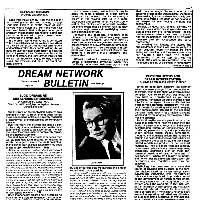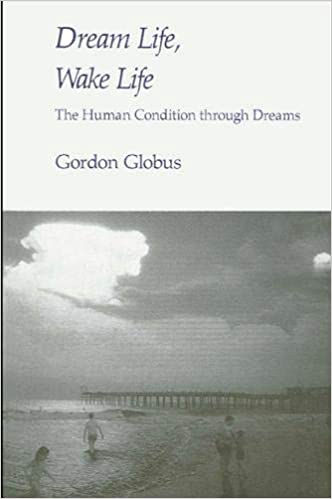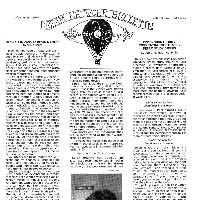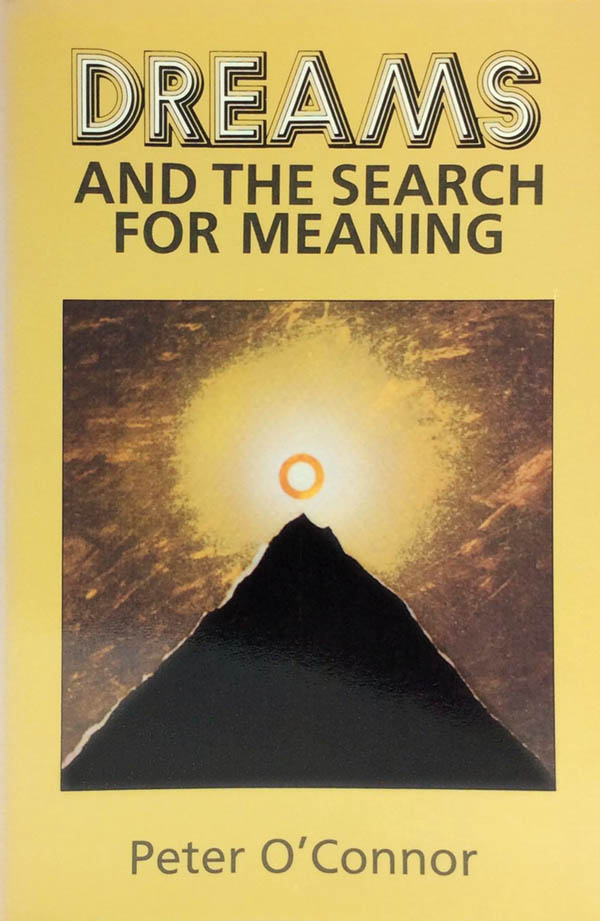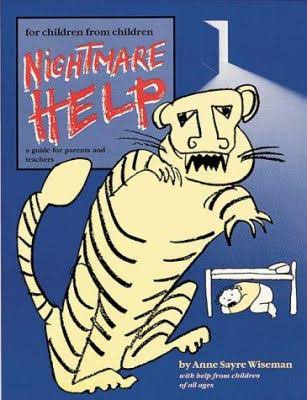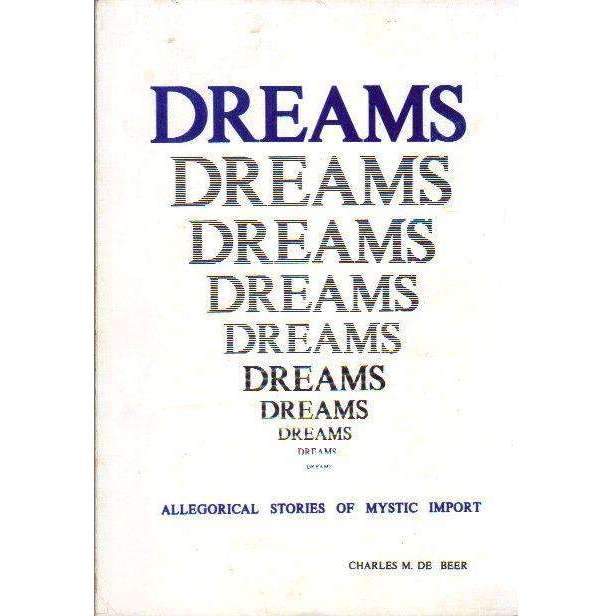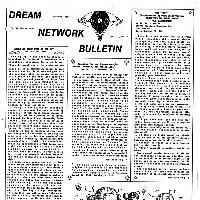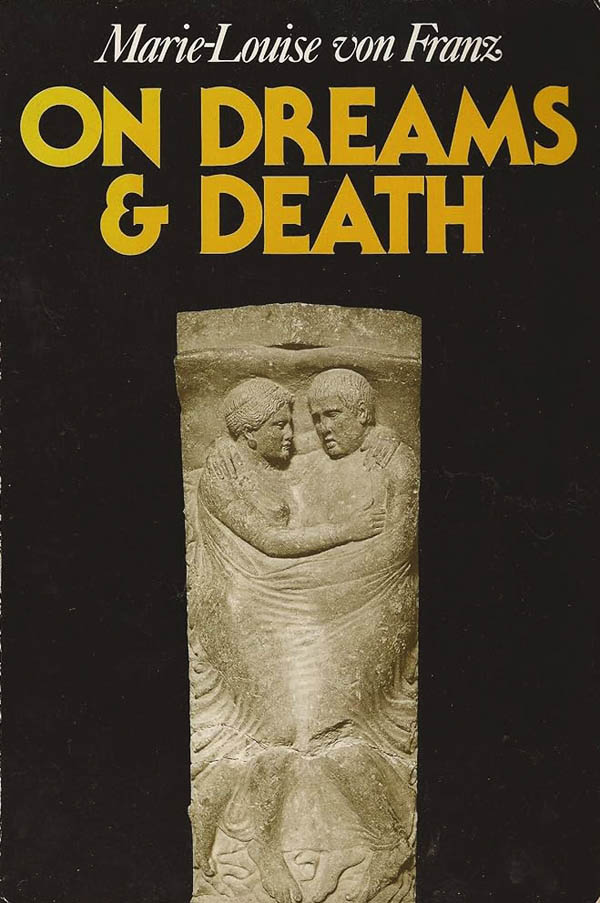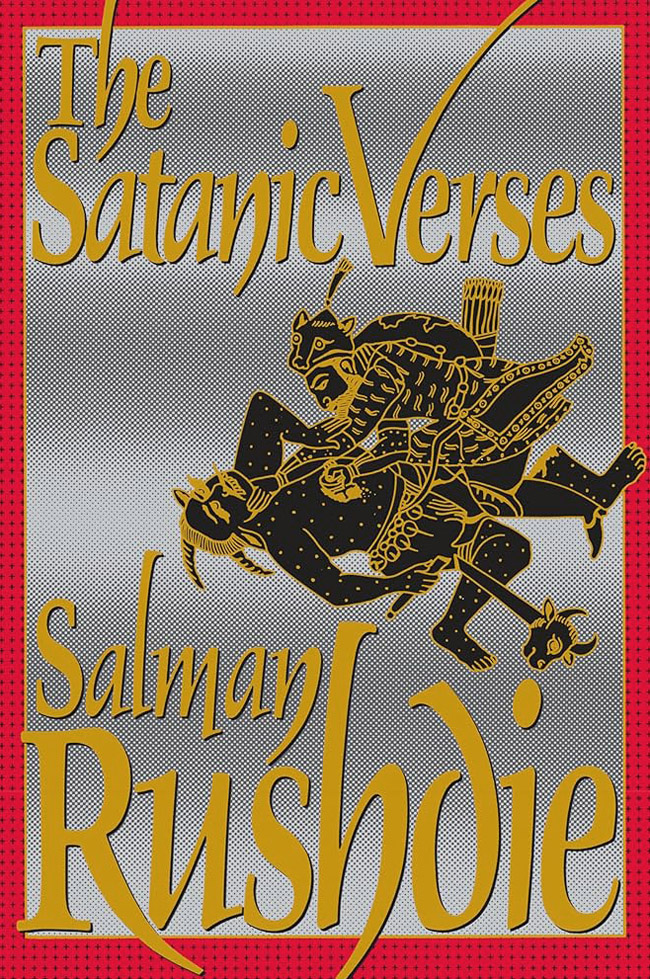Dreams in the Psychology of Religion, by James Gollnick (Lewiston, NY: The Edwin Mellen Press, 1987). 182 pp.
Almost all modern psychologists who work with dreams recognize that religions throughout history have believed that dreams are divine communications, that the gods express their wills through dreams. However, these psychologists have widely different views on the legitimacy of present day religious interpretations of dreams. Some psychologists see the religious understanding of dreams as a superstitious holdover which must now yield to scientific facts; others believe that dreams can still be genuine revelations of the divine; still other psychologists hold theories somewhere in between these two.
More experientially-oriented dream workers take a special interest in the religious view of dreams. For them, dreams represent a means of discovering ultimate values, ideals, and meanings. Dreams help them orient themselves in a world seemingly dominated by the dehumanizing forces of technological science, consumerism, and institutional bureaucracy.
James Gollnick addresses his new book Dreams in the Psychology of Religion directly to these people. Gollnick, a teacher at the University of Toronto, presents a clear, well-researched survey of the different schools of modern psychology and their approaches to the religious significance of dreams. The excellent quality of his book makes it all the more frustrating that its initial printing sells for a monstrously expensive $50.
Gollnick organizes his survey around a fourfold division in modern psychology: experimental psychology, psychoanalysis, humanistic psychology, and transpersonal psychology.(1) He first reviews the history of how these different psychologies regard dreams in general, and he finds that two basic trends have guided this multiple meanings and thus that multiple interpretive frameworks are necessary. Second is the trend toward the "democratization" of dream interpretation, which means that the individual dreamer (rather than the doctor or analyst) has increasingly become the authority on what his or her dreams mean.
In his historical review Gollnick devotes careful and lengthy attention to the writers of popular books on dreams, people like Ann Faraday, Strephon Williams, Dick McLeester, Patricia Garfield, and Gayle Delaney. Scholarly works rarely treat such writers with anything more than mild contempt, and as a result the conclusions of these works are partial at best and elitist at worst. But Gollnick's efforts to conduct an open-minded and serious examination of popular books on dreams and to consider the relations of these books to the more renowned theories of Freud, Jung, and Hall gives Dreams in the Psychology of Religion a richness that seemingly more "sophisticated" studies lack.
When he turns to the specific question of religious dream interpretations in modern psychology, Gollnick draws upon the thought of William James to guide his inquiry. James was the American philosopher and psychologist who in 1900 wrote the classic The Varieties of Religious Experience, still a towering monument in the psychological study of religion. Gollnick's use of James and his revolutionary consideration of religious phenomena from the perspective of psychology is an extremely important contribution to the study of dreams. While Gollnick leaves undeveloped many potentials of The Varieties for examining our dream experiences, Gollnick has done us all a great service by initiating a dialogue between James and modern psychology's interest in the religious meaning of dreams.
In the VRE James rejects the view (held by most psychologists of his time) that religious experiences are pathological, that they are the sick and meaningless products of unstable minds. James argues that we must assess religious experience according to two criteria: first, what it means to the individual who has it, and second, what effects or "fruits" it bears in the individual's life. This pragmatic approach to religious experience allows James to remain open to the possibility that certain experiences may indeed reveal transcendent realities-the only way to tell, James says, is if we discard our rigid preconceptions and look to the practical results of the experiences.(2)
Gollnick uses James' ideas as a standard to compare how open the different psychologies are to the possibility that dreams may have religious meaning. Not surprisingly, he finds transpersonal psychology to be the most "pragmatic" here. In the theories of Jung, Medard Boss, and Victor Frankl, Gollnick sees an openminded, non-reductionistic interest in the ways that dreams may promote individual religious development.
However, he also finds various elements in the other three forces of psychology that are useful for the religious interpretation of dreams. Gollnick concludes the book with a description of his own group dream work methods, which are very eclectic and which devote special attention to religious meanings. While his application of William James' ideas is the great strength of Gollnick's work, it is also the source of the book's biggest problem.
James' belief that we should judge an experience according to whether or not it has positive "fruits" for our life lacks a self-critical element-it tells us nothing about whether a given experience's "fruits" are better or worse for us than those of another experience. For example, a young man may have a religious conversion that leads him to be more selfless, charitable, and optimistic; but what if the young man has always been rather weak and pliable, to the point where his friends continually take advantage of him? Might his conversion have produced fruits that were good, but irrelevant to the deeper difficulties in his life? Might not a religious conversion which created a stronger sense of justice and courage in him have better effects for his life?
To ask such questions is to take a self-critical view towards experiences: the value of an experience isn't so much that it produces good fruits, but that it produces fruits that are more helpful than others in the overcoming of specific and important problems.
Just as James' interpretations of religious experiences lack this self-critical view, so does Gollnick's interpretations of dreams. In discussing what makes an interpretation "correct" Gollnick says it must lead to an insight for the dreamer, make the dream coherent, fit in with other dreams and with the dreamer's waking life, and help "move the dreamer's life (attitudes and actions) in a positive direction" (pp. 138-9). But Gollnick says nothing about the possibility that some directions may be more positive than others. If an interpretation of a dream moves the dreamer a little bit forward in any direction, that seems to be all that Gollnick asks-but what if the dream also expresses meanings that could open up whole new horizons to the dreamer? What if the dreamer's greatest difficulties lie in an entirely different direction-could the dream be saying anything about those difficulties too?
I'm stressing this inclusion of a self-critical attitude into dream interpretation so strongly because I believe that without it we end up selling dreams short. Dreams have the power to effect far, far more valuable changes in our lives than merely to move us "in a forward direction," Our dreams regularly provide us with penetrating insights into our most troubling problems; our attempts to interpret our dreams, then, should not rest content with just any positive fruits but should at least explore the possibilities that dreams may provide other positive fruits as well which are more relevant to the pressing issues of our lives.
Gollnick's view is something like a person who has the good fortune to meet an incredibly skillful carpenter and who asks the carpenter to fix the doorbell. Now a working doorbell is certainly a good thing, but wouldn't it have been better for the person to ask the carpenter to fix the collapsed roof or the huge cracks in the walls? The carpenter could repair those, too-but one has to ask first.
All in all, Gollnick has written a truly outstanding work that should elevate discussion of the religious significance of dreams to new levels of clarity, comprehensiveness, and sophistication. It probably won't, however, until it is published in an affordable paperback edition.
References
It should be noted that this particular division of the spectrum of modern psychology betrays Gollnick's personal inclinations right away, for only someone already sympathetic to transpersonal psychology would categorize the different schools of modern psychology in this way. Those who adhere to the theories of other psychological schools would outline things very differently than does Gollnick. This by no means invalidates Gollnick's own division-it just qualifies it.
James was the seminal figure in the philosophical school of Pragmatism, perhaps the greatest American contribution to the history of philosophy.


